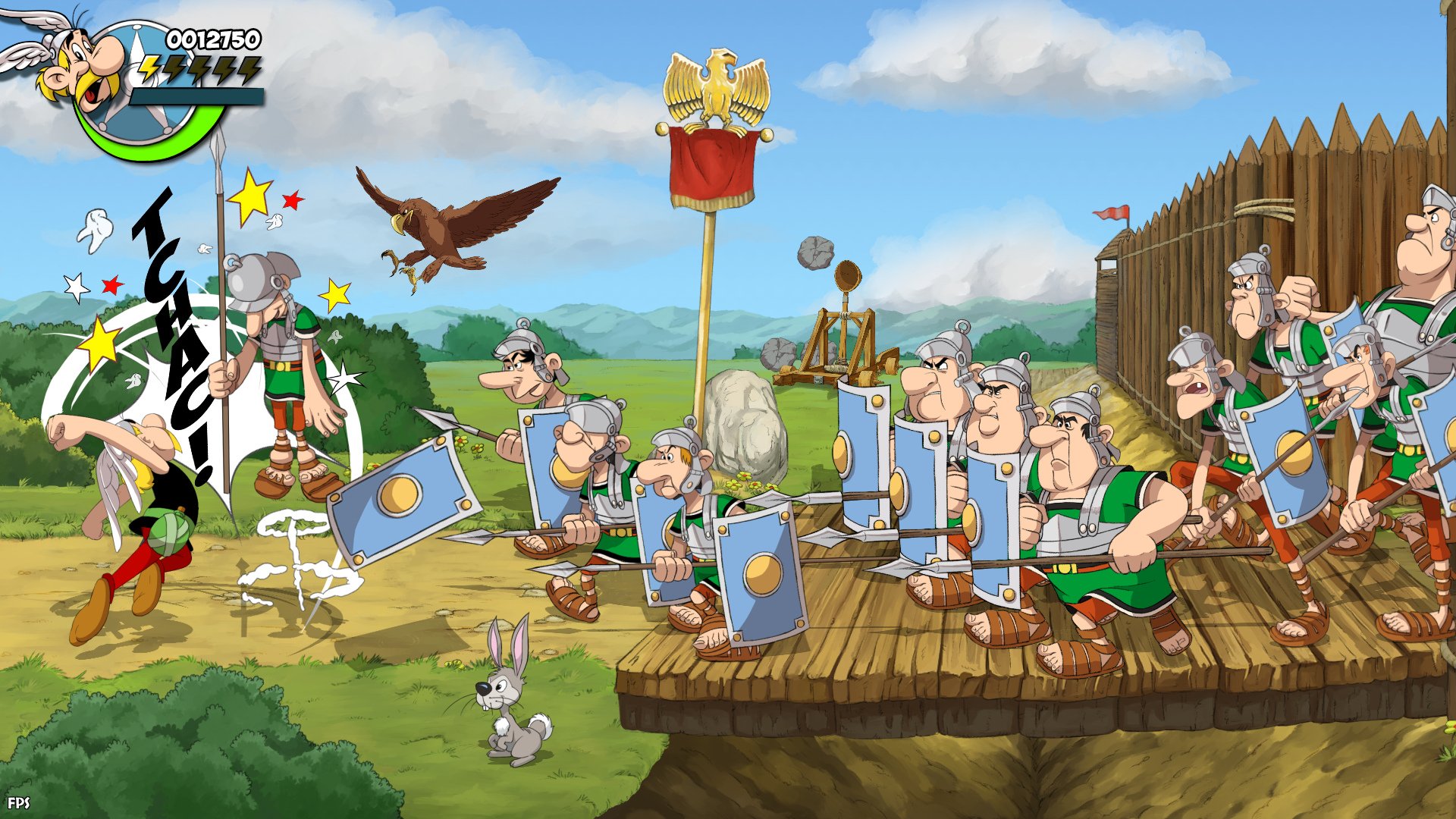
A lot of the time I combine solo instruments with samples and electronics on projects with lower budgets and that works extremely well. Small groups of musicians, individual soloists, and chamber ensembles are particularly popular right now, and an intimate knowledge of the instruments and the musicians allows you to create a completely different style of music then you would be able to just using samples and electronics.

Everybody has access to the same samples, but no two people have the same musicians creating the same sound. The thing is, live musicians and lead instruments are what give individual composers an advantage. I have two projects on the go at the moment which both will require live orchestra. RW: Do some projects still use real orchestras, or is it all made with virtual instruments? You are not usually attempting to paint a complete cohesive picture of an entire character in music you are choosing to take an element and bring it to the audience’s attention. When you’re choosing sounds for a particular character or situation, you are essentially choosing which aspect of that character’s personality to highlight, because the role of music a lot of the time is to bring some elements of the film to the foreground. You have to have almost as good an understanding of the narrative arc of the film as the director themselves, so that you can work out exactly what role your music will serve in the project. You have to have an extremely good knowledge of the particular genre in which you are working, both past and present, so you understand the “direction of travel” when it comes to the style of music that directors and producers are looking for in their productions right now. RW: How do you develop a new musical theme for a character, or a game or film score? Actually, the project is the most important thing and as a composer you are there to serve the project. It is a terrible mistake to assume that as the composer, the music is the most important thing. I think I understand more about their perspective on life and the creative process, and came to appreciate fully the way in which the composer is merely one of a large number of moving parts, a cog in somebody else’s greater creative machine. Working with the BBC, I learned an awful lot about program making, documentary making and all kinds of other things which have proved extremely valuable when dealing with producers and directors in a wide range of genres.

GM: Not sure I would count as A-list, but as a broadcaster it gave me a much better understanding of the whole production process and the ways in which producers and directors think. RW: How did your background in broadcasting the BBC news influence you in becoming an A-list film composer? I was never a very good music student and would always try and play things by ear rather than reading the score, so my musical education was fairly slapdash until I was in my 20s when I started taking music theory a little bit more seriously. Guy Michelmore: My parents were not particularly musical, but they always encouraged music in the house and so my sister and I both took up instruments and started playing and singing from a fairly early age. Russ Welton: Your parents (Cliff Michelmore and Jean Metcalfe) were both BBC presenters! Are you also from a musical family background? How did you start out playing music? Somehow, the British composer also finds time to provide some of YouTube’s most animated and engaging educational music content.

Thor: Tales of Asgard, Avengers: Earth’s Mightiest Heroes, The Commuter, Phoenix, The Woodlies, Tutenstein and Eyewitness are just a small sampling of his work over more than 25 years.
#TWITTER SLAPDASH STUDIOS TV#
His talents have made him the go-to “Guy” for composing scores for some of the most entertaining TV shows and films of our generation, including major projects for Disney and Marvel.


 0 kommentar(er)
0 kommentar(er)
